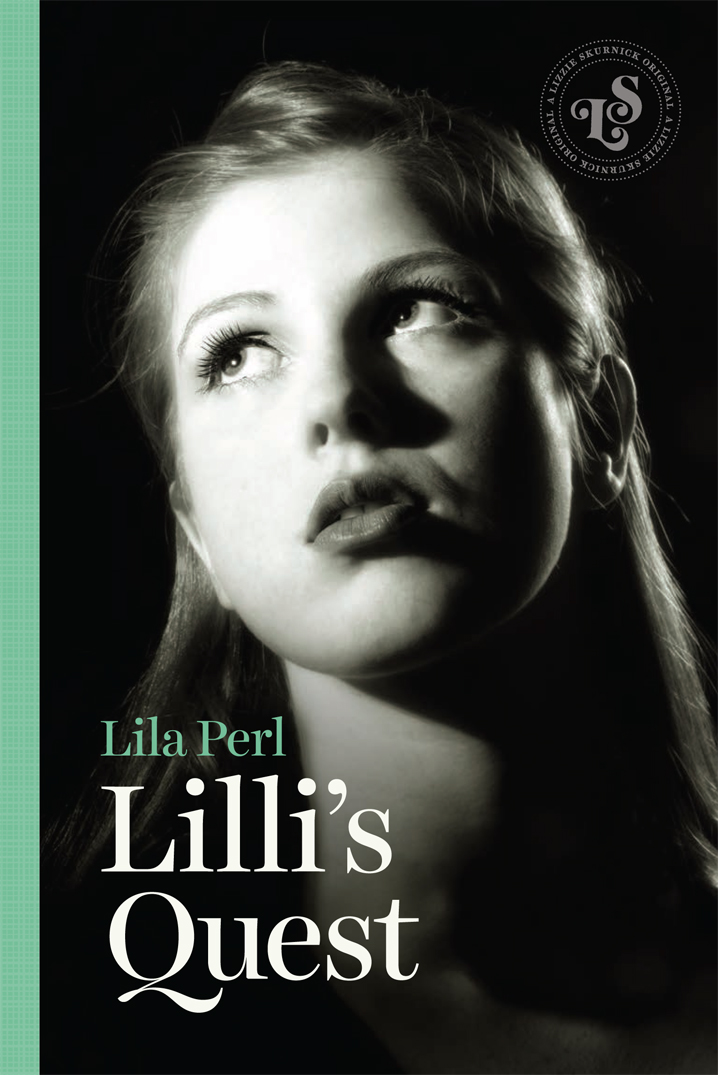
Lilli's Quest
کتاب های مرتبط
- اطلاعات
- نقد و بررسی
- دیدگاه کاربران
نقد و بررسی

August 31, 2015
In Perl’s final book, a companion to Isabel’s War (2014), the author tells the harrowing saga of Lilli, a Jewish refugee racked with guilt over leaving her family behind in Germany during Hitler’s reign. Assuming the identity of her younger sister, Helga, who is unable to leave Germany via the Kindertransport due to an injury, Lilli is taken to England, where she works hard in a no-frills farmhouse to earn her keep. Eventually, she travels to America to stay with her aunt and uncle; although life is easier in New York City (where she meets Isabel from the previous book), Lilli still faces obstacles, prejudices, and loneliness, while wondering about the fates of her loved ones. After the fighting stops, Lilli realizes that she may be the lone survivor of her immediate family and determines to find out the truth. Lilli emerges as a stoic, courageous heroine, who slowly learns to rely on strangers for support. Perl recounts her traumas in unsentimental terms, yet readers will feel close to Lilli’s sorrow as she forges ahead on an unfamiliar path. Ages 12–up.

September 15, 2015
A companion to Isabel's War (2014) fills in and expands the story of the girl known as Helga, explaining why Lilli, and not her younger sister, the real Helga, was on the Kindertransport to England. Lilli's time on a rough English farm with cold guardians is entirely different from life with her own family in Germany as the war began. Events on the farm become so difficult that she is moved to a school where "land girls" are trained to work as farmers. There, things improve: there are friends, enough food, sanitation, social occasions. She meets a German prisoner of war, Karl, a sensitive, sympathetic, and intelligent young man working on an English farm. She is abruptly pulled from this life in 1941 to join relatives in the United States. There Lilli's story switches from a third-person, present-tense account to her own first-person, past-tense narration (though both are formal and old-fashioned). She fills in events mentioned in the previous book, makes more male friends, and continues to search for the real Helga. Perl recaps the events of the war as she goes, which is probably needed since the book covers a long span, 1938-1946, but it is also a liability. The reading is slowed by the flatness of the characters, who are in the story but don't walk off the pages. A not-particularly-dynamic addition to the Holocaust shelves. (Historical fiction. 12-16)
COPYRIGHT(2015) Kirkus Reviews, ALL RIGHTS RESERVED.

October 1, 2015
Grades 7-10 Perl's final book is a companion to Isabel's War (2014) and retells some of the same events, but this time from the viewpoint of German Jew Lilli, a Kindertransport refugee. Starting on Kristallnacht and ending after the war, the novel follows Lilli as shesearches through Holland and England for her lost relatives, and her narrative puts her problematic relationship with her younger sister, Helga, into perspective. While the headstrong Isabel glamorized Lilli and her worldliness, this book reveals Lilli's conflicts and also her maturation after she goes to live with her uncle in New York. Her postwar experiences form the most compelling part of the novel, as she discovers information that may lead her to find at least one of her family members, and as she falls in love. While the writing at times seems closer to an outline than a completely rounded narrative, it still will draw readers looking for a different type of Holocaust story, and those eager to see what choices Lilli will make during her quest.(Reprinted with permission of Booklist, copyright 2015, American Library Association.)

























دیدگاه کاربران